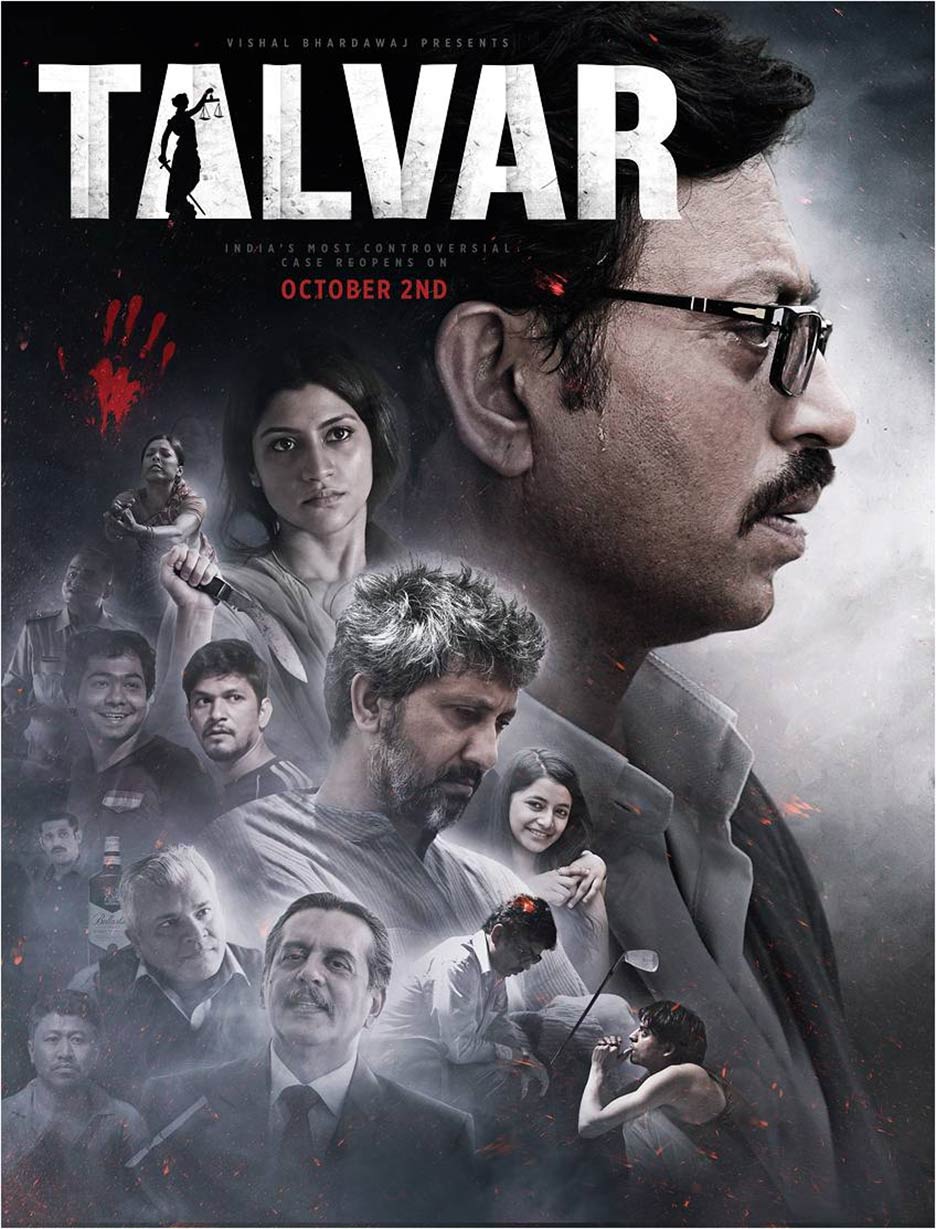As is traditional for the last day of my theme weeks, I’m moving to new releases. These are films by and about indigenous peoples, and strictly speaking this NZ historical drama was released last year, but it’s probably still new to most of the world. It deals with events that unlikely travelled far beyond NZ and so I do wonder what it’s appeal might be, but it’s essentially a film made by indigenous people dealing with (as well as repurposing and recontextualising) their own history in relation to the state. Documentaries such as Dawn Raid dealt with some similar actions taking place at the same time (though that film is within the context of the music industry), but it’s all part of the same kind of state response to First Nations organisation and activism.
It’s fairly clearly right from the outset that this film, though based on and taking inspiration from historical events (most notably anti-terrorism raids conducted in Tūhoe on Tame Iti and his followers in 2007), is not actually a work of historical re-enactment. The opening crawl makes it clear that it’s an artistic response to these raids (and other instances of oppression by big government via the Police), and given it’s produced by and notably stars Tame Iti himself, you get the sense of a film printing the legend. But that doesn’t seem like a major issue, given there are documentaries and written accounts for those who want to know what exactly went down. Instead this film gives a vivid feeling of the drama of these events when placed against the humdrum nature of rural life. And despite its message strongly opposed to the violence of the state, it’s also not programmatically against the idea of police: indeed, two of its heroes (Cliff Curtis as “Taffy” Tāwharau and Ria Paki as Blake) are community sergeants in some ways more dedicated to their people than to the big city cops who swing in with their guns and their direct line to shadowy ministers operating out of the Beehive.
The action that unfolds is increasingly ridiculous—quite aside from the high-tech coordination (which, given what I know about the government, I don’t fully believe), there is also an exceedingly angry police sniper managing to kill both innocent people and other police officers (the original raids had no deaths as far as I can tell), not to mention some full-on rolling-around-in-the-dirt fisticuffs developing in the denouement as certain members of the police start to develop a conscience. Still, however overblown that all becomes (and it really does go hard at the end), as a film largely focused on Taffy and Blake and their interactions as part of a small closely-knit community, and the way they define themselves against outsiders and interference, there’s a lot to like.
CREDITS
Director Tearepa Kahi; Writers Kahi and Jason Nathan; Cinematographers Chris Mauger and Fred Renata; Starring Cliff Curtis, Ria Paki, Jay Ryan, Manu Bennett, Simone Kessell; Length 104 minutes. Seen at the Roxy, Wellington, Saturday 3 September 2022. 





















